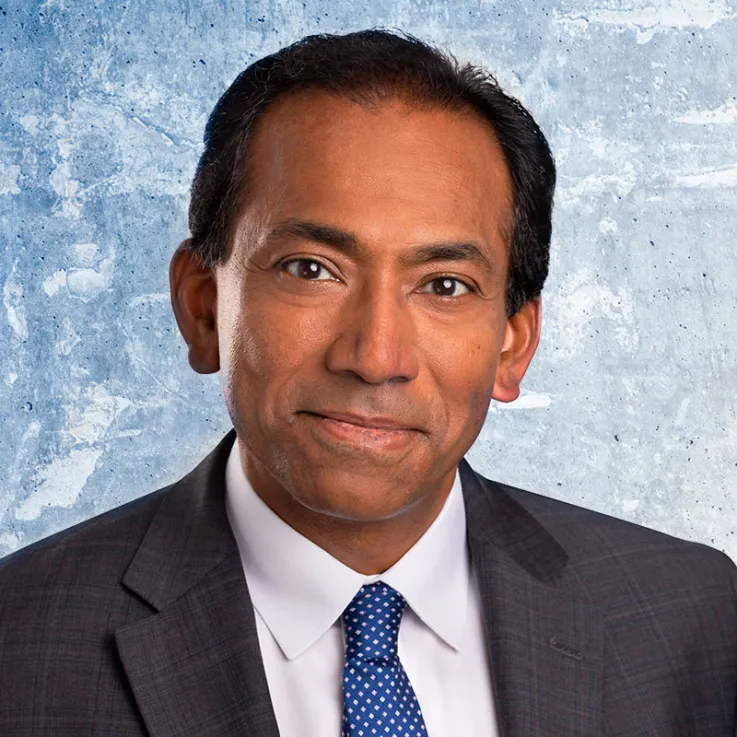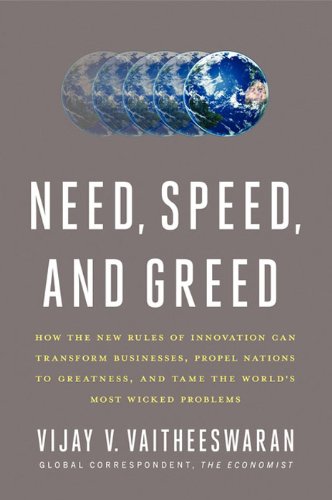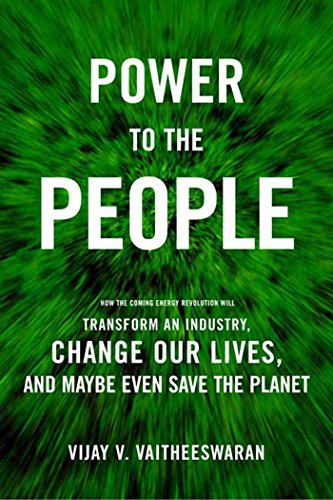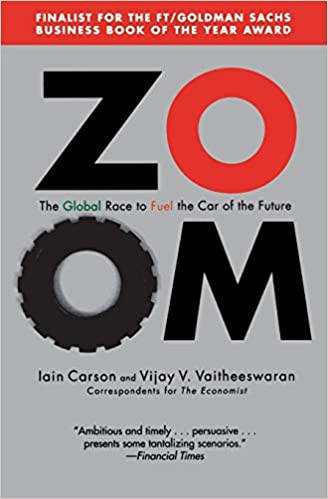Vijay V. Vaitheeswaran is the Global energy & climate innovation editor, covering the energy and utility industries, the clean energy transition, climate innovations and low carbon technologies. He covers America’s climate and green infrastructure efforts, and keeps a watchful eye on ESG trends and corporate pledges of net-zero emissions for signs of promise as well as greenwashing.
An award-winning senior journalist, he previously served as both US Business Editor and China Business Editor. He also serves as chairman of The Economist Innovation Summit, a provocative series of global conferences on innovation.
He joined the editorial staff in 1992 as its London-based Latin America correspondent, and opened the magazine’s first regional bureau in Mexico City. From 1998 to 2006, he covered the politics, economics, business and technology of energy and the environment. From 2007 to 2011 his portfolio encompassed innovation, global health, pharmaceuticals and biotechnology.
He is the author of three highly regarded books, the most recent of which was Need, Speed and Greed: How the New Rules of Innovation Can Transform Businesses, Propel Nations to Greatness, and Tame the World’s Most Wicked Problems, which Kirkus declared “a perfect primer for the post-industrial age.” His previous books include Power to the People: How the Coming Energy Revolution Will Transform an Industry, Change Our Lives, and Maybe Even Save the Planet, and Zoom: The Global Race to Fuel the Car of the Future. Most recently, Vaitheeswaran was the author of The World is Not Flat, a special report published by The Economist on the disruptive future for globalization, multinational firms and supply chains.
Vijay is a life member at the Council on Foreign Relations. He is an advisor on sustainability and innovation to the World Economic Forum at Davos, and his commentaries have appeared on NPR and the BBC, in the Wall Street Journal and the New York Times. He has addressed groups ranging from the US National Governors’ Association and the UN General Assembly to the Technology, Entertainment & Design (TED), Aspen Ideas and AAAS conferences.







